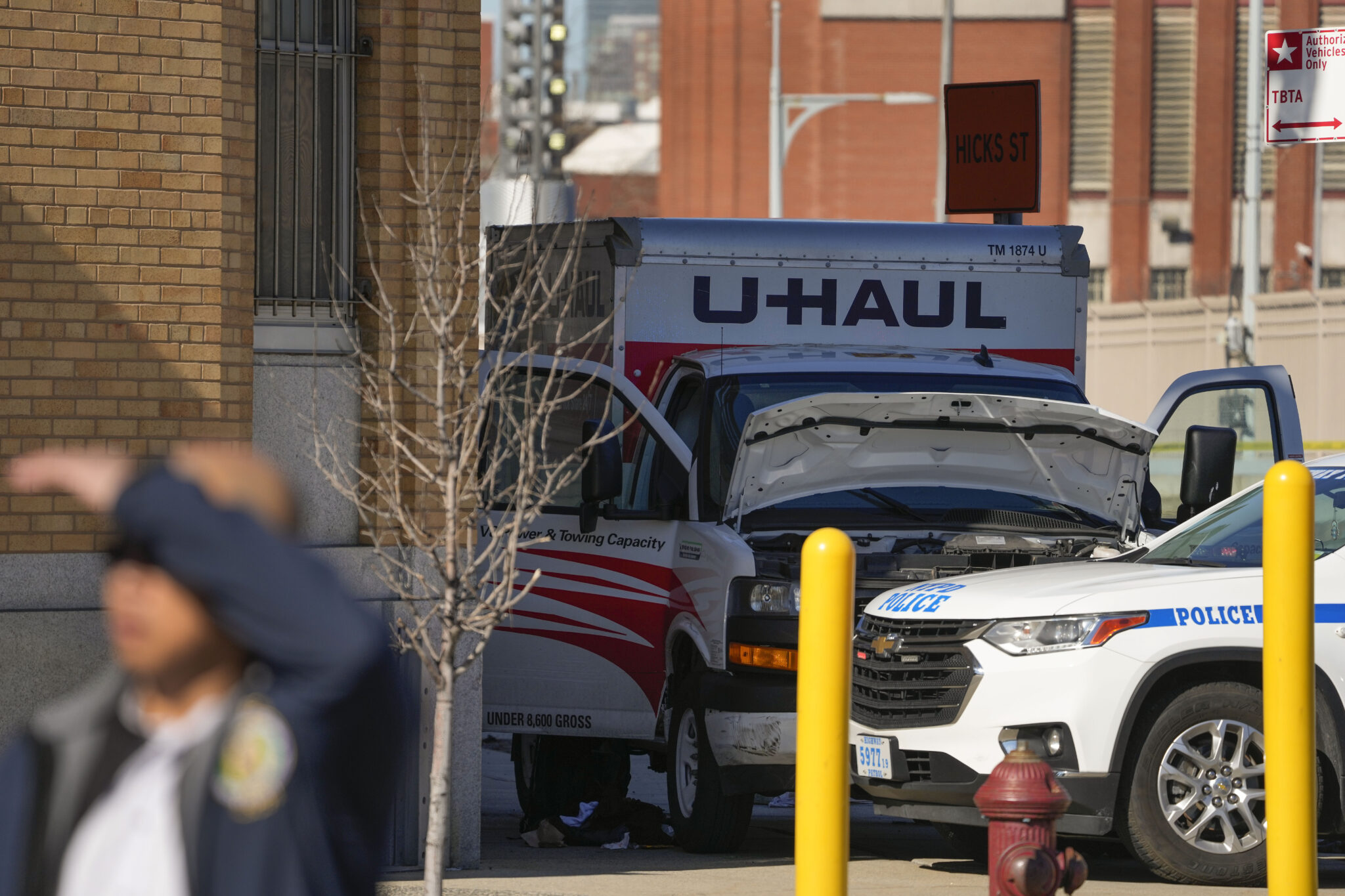A recent study by scientists from Washington State University reveals that small differences in the availability of green and blue spaces in urban areas can significantly impact the mental and physical health of older adults, providing an additional incentive for them to consider moving away from big cities.
The research indicates that a mere 10 percent increase in forest space within a person’s residential ZIP code is associated with a decrease in serious psychological distress.
Similarly, a 10 percent rise in green space, tree cover, water features, or nature trails appears to reduce the likelihood of older individuals reporting poor or fair general health.
The study, based on health survey data from over 42,000 people aged 65 and above living in urban regions of Washington state between 2011 and 2019, highlights the potential public health impact of diminishing urban green and blue spaces due to rapid urbanization.
The findings suggest that environmental changes could influence not only the physical environment but also public health outcomes.
Of the participants, close to two percent exhibited signs of serious psychological distress, while 19 percent reported fair or poor general health.

















